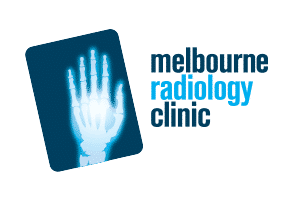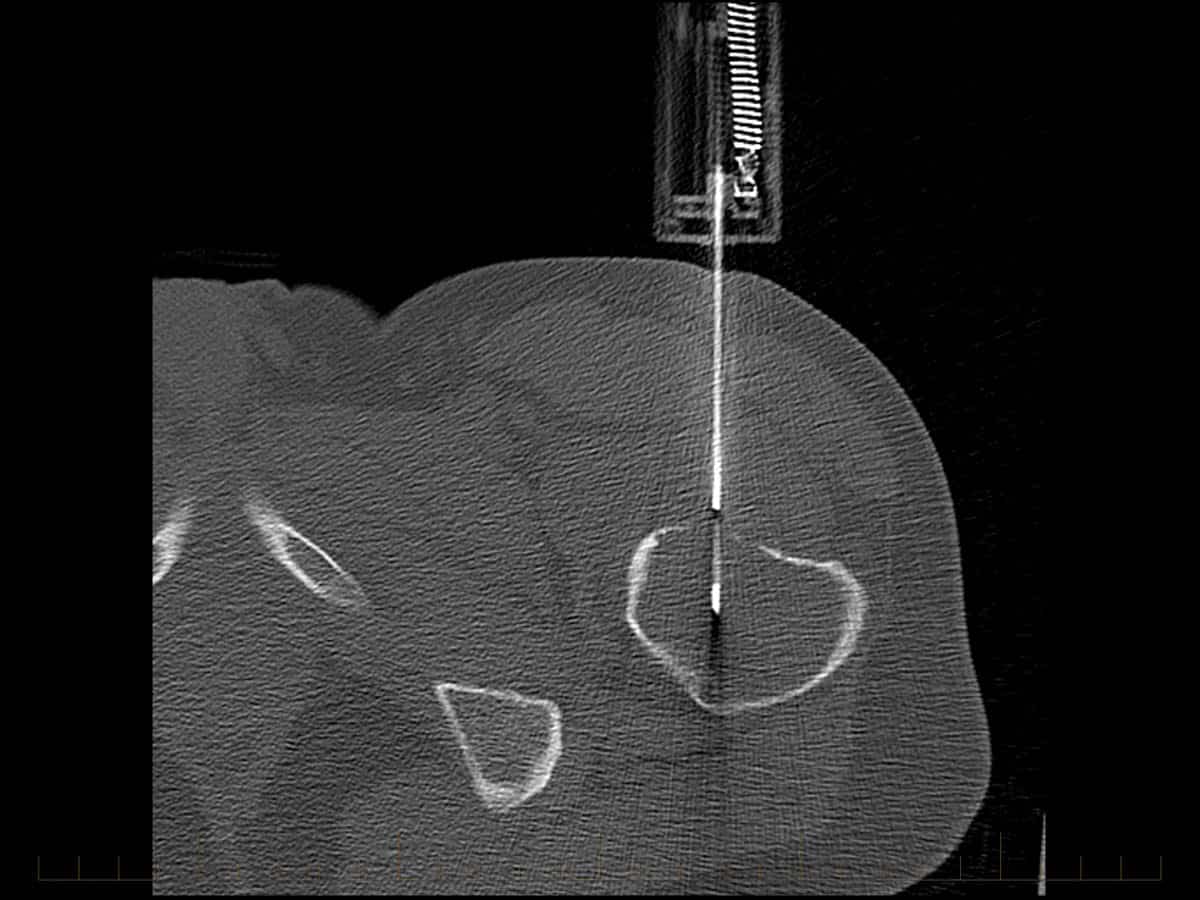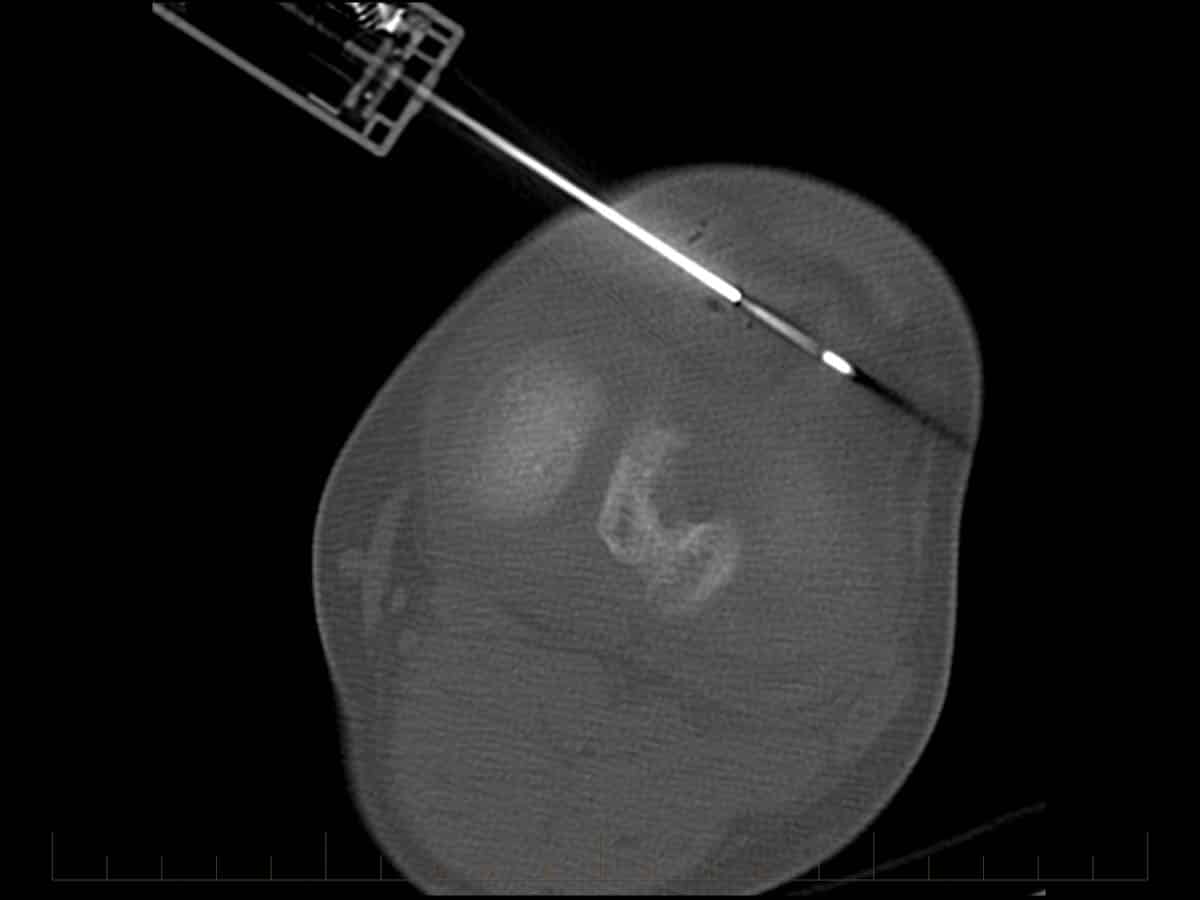Fine Needle Aspiration (FNA)
& Biopsy
Introduction
An FNA involves inserting a thin needle into the tissue that requires sampling and then applying suction to the needle tip whilst also turning the tip. This removes small fragments of tissue that can then be analysed. The advantage of an FNA is that it is slightly less invasive than a biopsy, however, as the tissue sampled is small, it is possible that the specimen obtained is not sufficient for a confident diagnosis to be made. The procedure may then need to be repeated or usually, it is “upgraded” to a biopsy.
A biopsy involves the use of a larger needle which removes a solid block of tissue (known as a “core”) and is therefore slightly more invasive, though usually feels no different from an FNA as adequate local anaesthesia is used in both procedures. Since a core of solid tissue is removed (unlike the FNA where fragmented cells are withdrawn), the specimen is excellent and typically is sufficient enough so that a confident and definitive diagnosis is made.
Preparation
It is essential that Melbourne Radiology Clinic knows in advance of any blood thinning (or anticoagulant) medication.
Blood thinning medications that you are currently taking should be ceased prior to any biopsy or FNA (Aspirin and Warfarin for 5 days, Plavix for 7 days & Iscover for 8 days).
As these medications constantly evolve with advances in medicine, the times to cease these medications may vary with newer medications. Should you be on different medications than those listed, please contact us or the doctor who prescribed the medication for further advice.
We ask that you bring a responsible person to drive you home afterwards. We suggest those undergoing an FNA/biopsy attend with someone who can escort them and provide transport following the procedure.
If you have had a heart valve replacement, it may be necessary to take antibiotics before the procedure. Please discuss this with your cardiologist/cardiac surgeon and take antibiotics as directed.
Procedure
FNA
Biopsy
An FNA or biopsy is a safe procedure that will require the injection of local anaesthetic to numb the relevant area. Depending on the body tissue to be sampled, a CT (Computed Tomography) scanner or ultrasound machine is used to guide the radiologist (a specialist doctor) in locating the exact tissue requiring study. The procedure is conducted in a lying position and often more than one sample may be taken. Intravenous sedation or pain relief is usually not required as local anaesthesia is in most instances sufficient.
The duration of the FNA/biopsy depends upon the number of samples required and the area of the body that is undergoing the procedure of the biopsy. An FNA/biopsy of the breast, thyroid, soft tissues and muscles is scheduled or 30 minutes. A bone or spine biopsy may take longer, as these procedures are often more complex. Our reception staff will indicate the amount of time it usually takes upon booking your appointment. You will also need to allow for time to arrive to the clinic, register and also following the procedure to be observed for a short period of time after the biopsy, typically between 15-30 minutes.
Following your procedure & recovery
Following the procedure, a dressing is usually applied which may be removed after a few hours in the case of FNA. If you have undergone a biopsy, then it is ideal that the dressing be kept on for several (at least 2-3) days as a small incision (less than 2mm) is typically made. If the dressing is removed before this time then any dressing (such as a “bandaid”) can be reapplied in its place. Avoid strenuous exercise during this time.
Expect some minimal swelling and tenderness which rarely may require some paracetamol for pain. If you experience significant pain, redness or bleeding, please contact our clinic immediately.
Results &
Follow-Up
The results of the FNA/biopsy are dependant on the time its takes for the Pathologist to review and thoroughly test all the tissue under a microscope. Usually, the results are available within 2 to 4 days and should be discussed with your referring doctor at a follow-up appointment. Should the Pathologist wish to carry out additional special analysis to gain an accurate diagnosis, then the process may take longer.
One of Melbourne Radiology Clinic’s specialist radiologists, a medical doctor specialising in the interpretation of medical images for the purposes of providing a diagnosis, will then review the images and provide a formal written report. If medically urgent, or you have an appointment immediately after the scan to be seen by your doctor or health care provider, Melbourne Radiology Clinic will have your results ready without delay. Otherwise, the report will be received by your doctor or health care provider within the next 24 hours.
Please ensure that you make a follow up appointment with your referring doctor or health care provider to discuss your results.
Your referring doctor or health care provider is the most appropriate person to explain to you the results of the scans and for this reason, we do not release the results directly to you.


